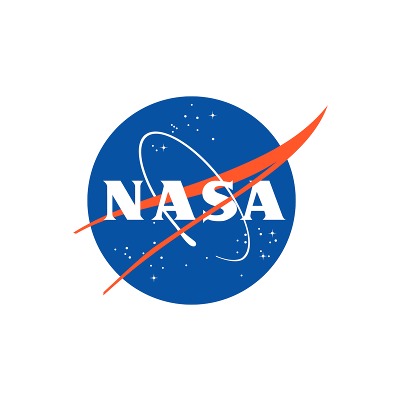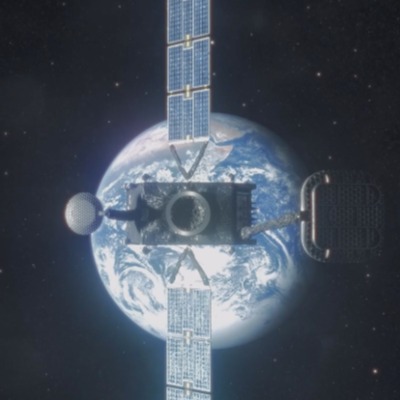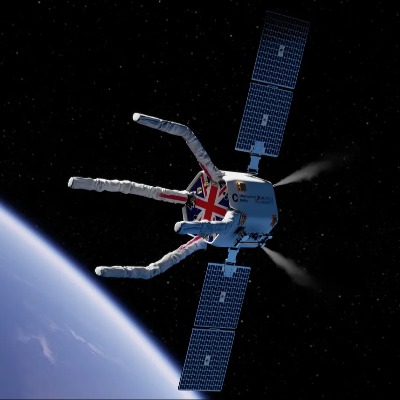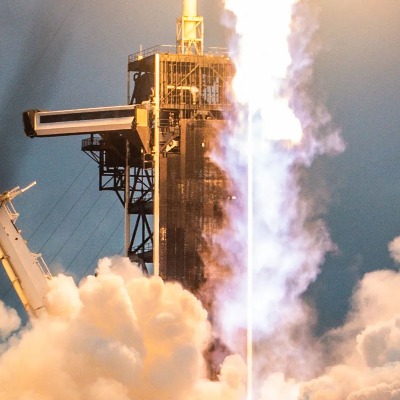Iran Claims Successful Satellite Launch In Revolutionary Guards' Program, Raising Concerns
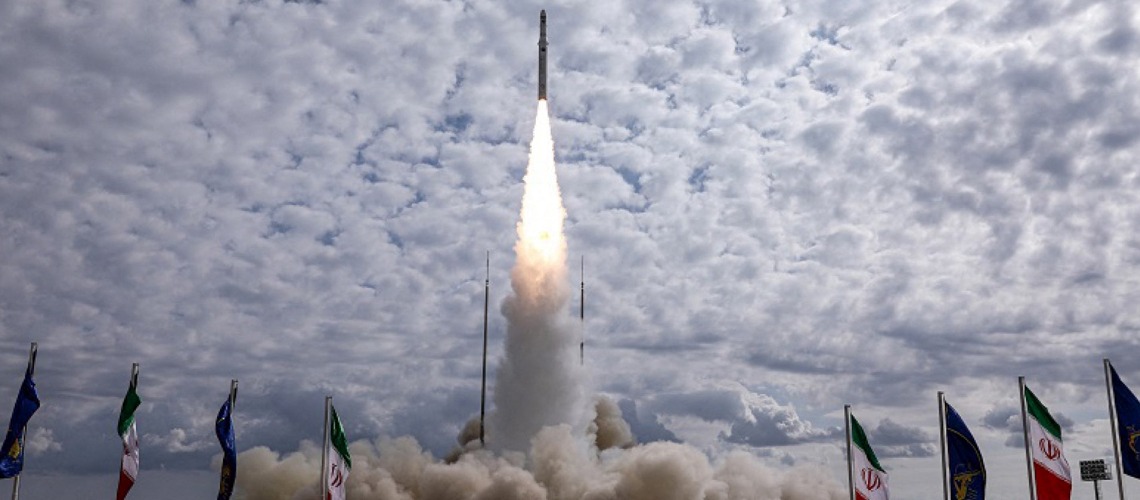
Iran has announced that it had successfully launched a satellite into orbit, marking the latest feat in its space program, which is overseen by the country's powerful Revolutionary Guards (IRGC). This development has sparked concerns among Western nations and regional powers, highlighting the potential dual-use nature of the technology involved.
The satellite, named "Soraya," was launched by the Qaem-100 three-stage solid-fuel rocket, developed by the IRGC's Aerospace Force. Iranian state media claimed the satellite reached an altitude of 750 kilometers (466 miles), the highest orbit achieved by the country so far.
While the purpose of the satellite remains unclear, Iranian officials have stated it will be used for research and development purposes. However, Western governments and analysts express concerns that the technology used in the launch vehicle could also be applied to ballistic missiles, potentially increasing Iran's military capabilities.
Reasons for Concern:
- Ballistic missile proliferation: The technology used in satellite launch vehicles is closely related to that used in ballistic missiles. The success of the launch could be seen as a step towards developing long-range ballistic missiles capable of carrying nuclear warheads, a concern repeatedly voiced by the United States and Israel.
- Regional tensions: Iran's space program, particularly its association with the IRGC, which is designated as a terrorist organization by the US, has been a source of friction with neighboring countries, particularly Saudi Arabia and Israel. The successful launch could further escalate regional tensions.
- Nuclear deal: The 2015 Iran nuclear deal, which placed restrictions on Iran's nuclear program in exchange for sanctions relief, collapsed in 2018 after the US withdrawal. The development of a space program while negotiating a potential new deal could be seen as a violation of the spirit of the agreement.
Reactions to the Launch:
- The United States: The US Department of State expressed concern about the launch, stating that it "advances Iran's ballistic missile program."
- Israel: Israeli officials declined to comment directly on the launch but reiterated their concerns about Iran's military capabilities.
- European Union: The EU called for "transparency and dialogue" from Iran regarding its space program.
Additional Points of Interest:
- This is the second time Iran has launched a satellite under the IRGC's space program. The first launch, in 2022, also drew international criticism.
- Iran has stated that its space program is for peaceful purposes only and has denied any intentions to develop long-range ballistic missiles.
The Future of Iran's Space Program:
The success of the Soraya launch is likely to embolden Iran's ambitions in the space sector. The country plans to launch more satellites in the coming years, including ones for telecommunications and Earth observation. However, the international community's concerns about the potential military applications of this technology are unlikely to dissipate, potentially straining relations and hindering diplomatic efforts.
In conclusion, Iran's successful launch of the Soraya satellite marks a significant milestone for its space program but also raises concerns about its potential military implications. The development is likely to fuel regional tensions and complicate ongoing diplomatic efforts related to Iran's nuclear program. Only time will tell how the international community will respond to this latest advancement in Iran's space capabilities.

